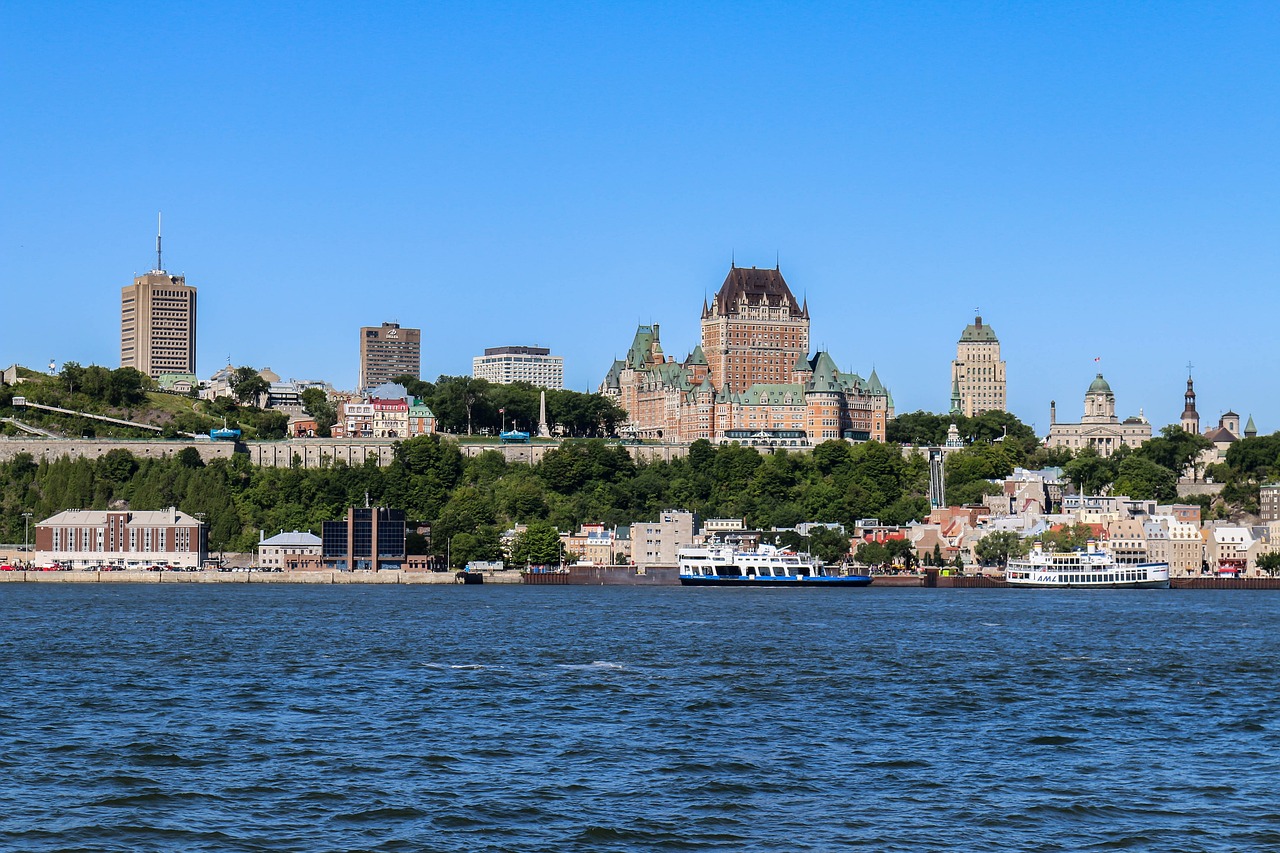Canada is always one of the favorite destinations among students for post-secondary studies because of its Quality education and world-class infrastructure. Because of this every year, more than 600k students come to Canada on Study permits. In 2022 alone, 807,260 students entered Canada by the end of December, and in 2023 so far 900k study permits were issued by IRCC. This is a 12.5% jump from the previous year.
The growth in the number of study permits is a boon for Canadian colleges and universities which is heavily dependent on international student enrollment. IRCC also reduced the processing time to 8 weeks for students who are applying from outside Canada and 5 weeks for inside candidates (“Check processing times”).
According to the latest report Canada has around 2198679 temporary residents which are one million more than the 2021 consensus. 40.1 Percent of them the work permits and 21.9 percent are study permit holders. (Tuey and Bastien).
Most of the international students who are coming to Canada aspire to become permanent residents and fortunately, there are several pathways for international students to become Canadian Residents. One of the primary avenues for international students is through post-graduate work permits which allow the international students to gain valuable Canadian experience and add more points to their overall CRS score. This opens several streams for the candidate, one is through Express Entry in which a candidate can put his file in the general pool and if it clears the minimum CRS cutoff he gets invited by the IRCC another one is through Canadian Experience Class (CEC) in which only the applicants with Canadian work experience can apply and if you clear the minimum CRS score requirement you will get the invitation to apply.
Provincial Nomination Program
Provincial nomination programs (PNP) offer another pathway for international students. Many provinces have designed their programs specifically for international graduates. For instance, Ontario has an International student stream under its Ontario Immigration Nominee Program providing a pathway to those who have completed their studies in the province. Students who did their master’s and doctorate from Ontario can apply under the Ontario Master’s graduate stream.
Similarly, British Columbia under its BC PNP offers PNP for those with a valid job offer from the BC employer. Alberta and Saskatchewan provide the easiest pathway for the graduates who did their studies from the Province. After you complete your studies you become eligible to apply under the AIP and SINP in 6 months.
Quebec Experience Program
Quebec, with its distinct immigration policies, has the Quebec Experience Program (PEQ) that caters to graduates who have studied in the province. Quebec is basically a French-dominated province and to be eligible for their provincial nomination you must have a certain level of French proficiency. But they also have a Graduate stream which is specifically for the students who did their studies in the province and to be eligible for that you must have a diploma from an approved college. Must have eligible work experience following their studies and have stayed in Quebec for at least half the duration of their study. Diploma programs that are eligible for PEQ are:
- Bachelor’s degree (university undergraduate)
- Master’s degree (including an MBA)
- Ph.D.
- Diploma of college studies, technical training (DCS)
- Diploma of Vocational Studies (DVS) attesting to 1,800 hours or more of study
- Diploma of vocational studies (DVS) followed by an Attestation of vocational specialization (AVS) of 1,800 hours or more of continuing education leading to a given trade
(“Conditions for Québec graduates for the Québec Experience Program”)
Atlantic Immigration Program
The Atlantic Immigration Program provides a road to permanent residence for qualified foreign employees and international graduates of Canadian institutions who want to work and live in one of Canada’s four Atlantic Provinces:
- New Brunswick
- Newfoundland and Labrador
- Nova Scotia
- Prince Edward Island
The initiative assists employers in hiring qualified applicants for jobs that cannot be filled locally.
For this, you must first get an Endorsement Letter from an Atlantic Province before you may seek to immigrate to Canada under the Atlantic Immigration Pilot. Each province has its own set of application and approval procedures. IRCC, on the other hand, has the authority to make the final decision on a permanent residence application based on existing selection and admission criteria.
Rural and Northern Immigration Pilot:
The Rural and Northern immigration pilot is a community-driven program that is designed to spread the benefit of Economic immigration to smaller communities. International candidates who meet certain criteria, such as job experience, education, and language proficiency, are eligible for the program.
Participating communities:
| Community | Community website |
| North Bay, ON | https://northbayrnip.ca/ |
| Sudbury, ON | https://investsudbury.ca/why-sudbury/move-to-sudbury/rnip/ |
| Timmins, ON | www.timminsedc.com |
| Sault Ste. Marie, ON | www.welcometossm.com |
| Thunder Bay, ON | https://gotothunderbay.ca/ |
| Brandon, MB | www.economicdevelopmentbrandon.com |
| Altona/Rhineland, MB | www.seedrgpa.com |
| Moose Jaw, SK | https://www.moosejawrnip.ca/ |
| Claresholm, AB | www.claresholm.ca |
| Vernon, BC | https://rnip-vernon-northok.ca |
| West Kootenay (Trail, Castlegar, Rossland, Nelson), BC | https://wk-rnip.ca/ |
(“Rural and Northern Immigration Pilot: about the pilot”)
In Conclusion, Canada provides a variety of pathways for international students to get permanent residency, including the Post-Graduation Work Permit, the Express Entry system, Provincial Nominee Programs, and special streams such as Quebec’s PEQ. Seeking guidance from a registered immigration consultant in Canada ensures a smoother journey and maximizes your chances of securing permanent residency.
Author Profile:
Harinder P Singh
I contribute to Immigrationnews.blueeye.ca, sharing the excitement of immigration’s promise—a chance for individuals, regardless of background, to create a better life abroad. Beyond writing, I find joy in drawing, cooking, baking, and savoring music. Immigration, to me, symbolizes hope for a brighter future for families and loved ones.

